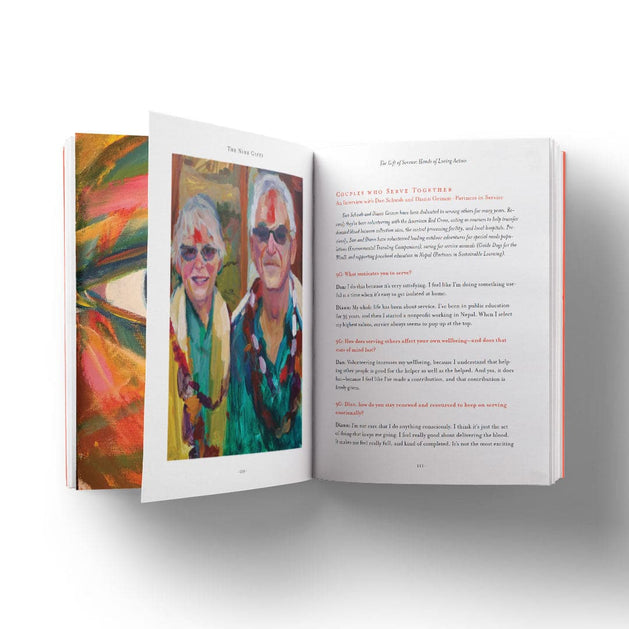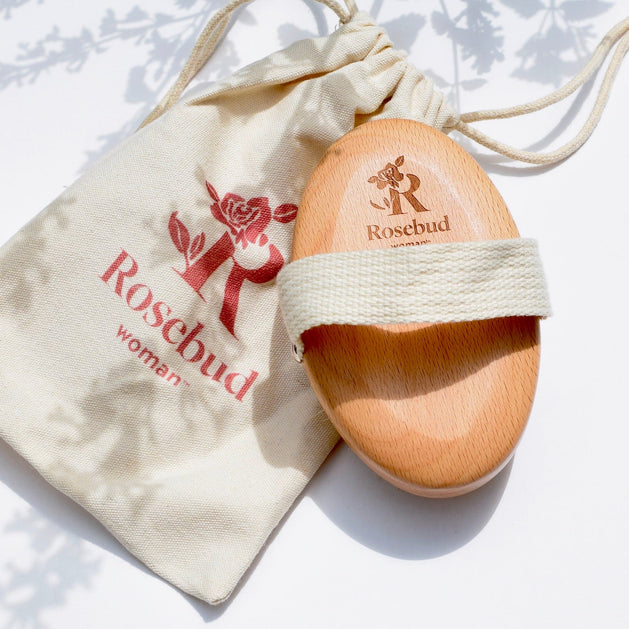Own Your Whole Health
Modern western medicine tells us that authority rests with the physician or the pharmaceutical company—somewhere outside of the patient. Not only is this a disempowering mindset for the individual; most doctors don’t like this trained passivity either. Healthcare practitioners lament patients not knowing their own internal organs, being unable to accurately describe the onset of symptoms, not following through on treatment protocols, and more. This, coupled with systemic constraints—such as the amount of time physicians have with patients—precludes optimum outcomes. And as we now know, fixing one problem (especially with medication), often creates others.
I want to make the case for treating your doctor as your consultant, and not your boss. That each of us becomes so intimate with how our own bodies work, we take on the primary responsibility for our own health, coming from a sense of our intrinsic worthiness. Perfect health and pleasure are ours to claim. We should be so tuned in to our own physiology that we know when something's working, and we know when it's not. Our health will never be as important to anyone else as it is to us!
1. Know your body parts and systems, and understand their interconnectivity. This is critical, as the body is always seeking homeostasis. A change in one system will cause a response elsewhere in the body. Learn how this works. Maybe you studied some basics in health class, or have some training in human biology and anatomy, but still, more than 60% of women couldn’t point to their own intimate parts when asked. This goes for the internal organs, also. Where are they in your body, and what do they do? If you need a refresher or an owner’s manual, take an online course.
2. Everything we ingest impacts our health. Let’s understand how. Food, drugs, personal care products, household items: chemicals from all of these get into our body, affecting our organs and systems. It’s particularly important to understand how the synthetic hormones in birth control impact the entire body, or how antidepressants and other medicines affect the rest of the body’s systems. And, be skeptical about product claims! There is a lot of greenwashing out there right now. Major intimate care brands put their natural ingredients face forward, while disguising the fact that their main bases include things like dimethicone, or silicone—synthetics that are used to make, among other things, Silly Putty.
3. Pay detailed attention to your own conditions. Especially if there’s something “off” in your body, begin to keep a daily health log. Take a few minutes each day to jot down mood, food, movement, digestive health. Perhaps invest in an Oura ring, or a tracking watch. If you’re still ovulating, use a period tracker. If you’re having a health challenge, educate yourself as much as possible about the conditions and symptoms.
4. Understand the impact of mind and emotions on the body. While not the only things in play, our beliefs and self talk impact the body on a daily basis. They help determine whether we get sick, how fast we heal, even which of our gene potentials express themselves.
Let’s stand in the center of our own health power, say “I know my body", and operate from a deep understanding of what we experience from the inside.
If you're looking for great content on women's sexual health, check out the recordings from this free online seminar with HERMD.
Stuck? Consider a Health Coach.
Most of us have a disconnected health team. We might have a doctor, dentist, eye doctor, yoga or meditation teacher, and/or fitness trainer. We might have medical beauty services, a therapist, a chiropractor, a nutritionist. But they aren’t really a team, as they rarely (if ever) talk to one another or work together. Here’s a new modality you might consider: the Integrative Health Coach.
Nicole Jardim, a health coach and expert in period pain, described to me her process for onboarding a client. She asks her clients to go through a process of removing all of the structural obstacles to health that are in their life, to get to a baseline off of which to see what else might be going on. She helps clients naturally stabilize insulin and cortisol: the two hormones which drive much of well being. She says, “By stabilizing insulin levels so many other things in the body are stabilized.”
The very first thing she begins with is food. Food is the primary driver of whether or not the body is operating optimally. Sugar, especially, is vital to manage well. Plus, much of our food goes through many processing stages—including pesticides, toxins, preservatives, and coloring—before it reaches our mouths. Jardin also looks deeply at any medications you may be taking that have an impact on insulin and/on cortisol, which also impact other hormones. Her book has a whole section on what taking the pill does to a woman's body, and how that impacts other systems in the body. Food as medicine, exercise, and meditation go a long way to curing many ills, even complex, chronic illness.
I, personally, am a big fan of the Hippocrates lifestyle, and they offer a free Mini-Course. If you’re really stuck, or have a health challenge, consider a full residential detox at their Florida facility. It can be lifechanging to see how quickly your system responds to green food, healing and exercise, no matter where you're starting from.




























